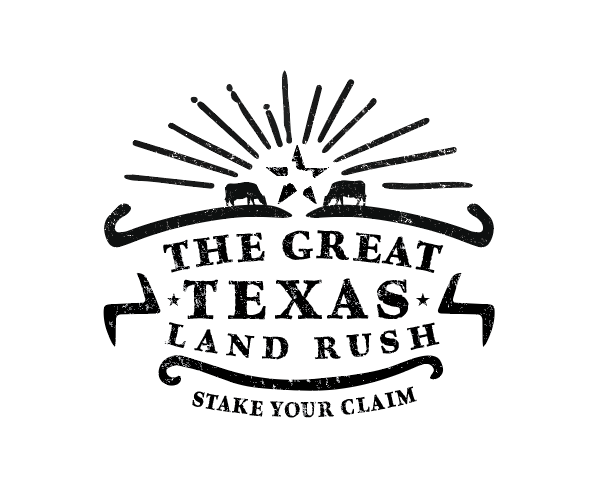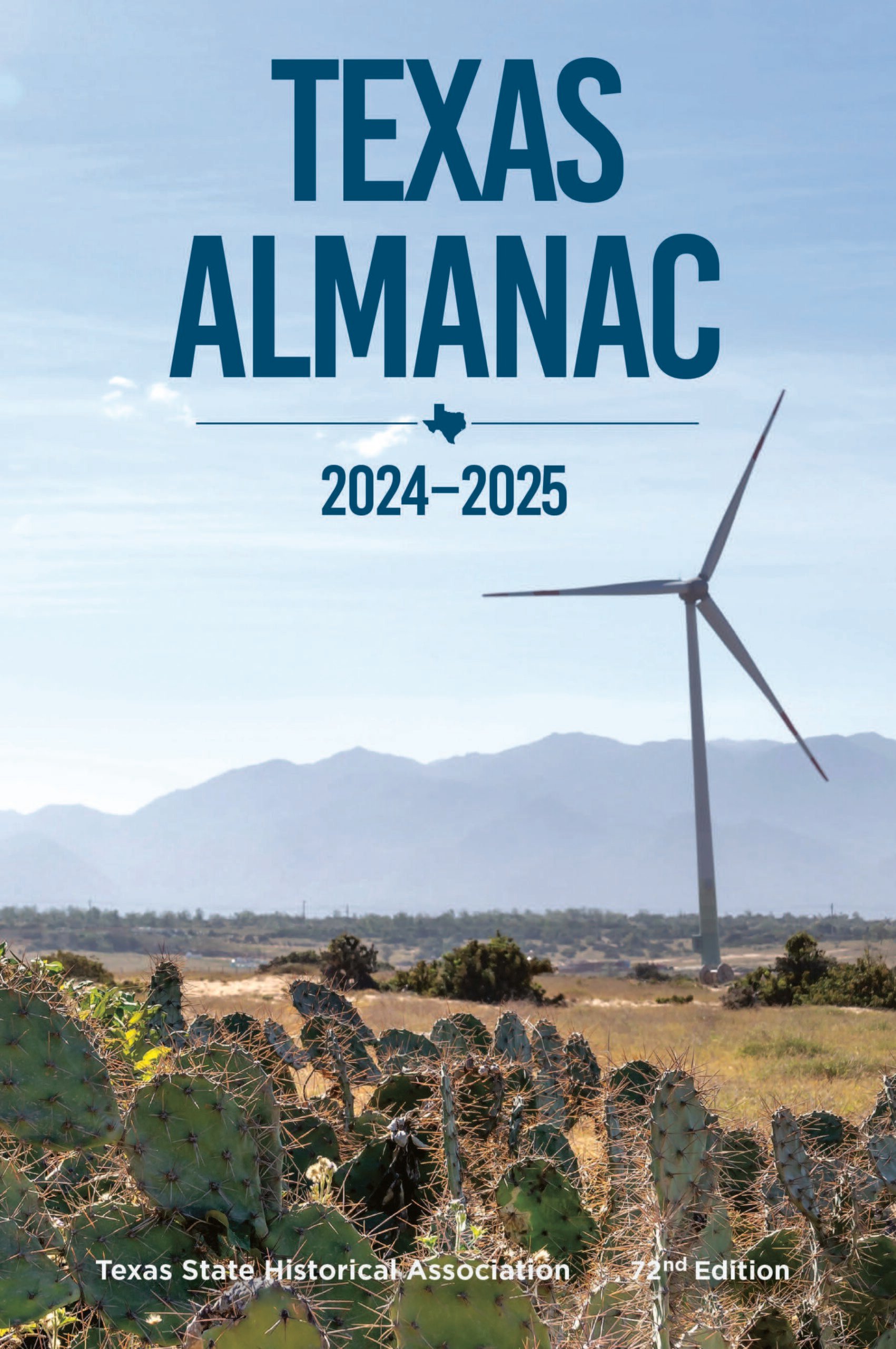Lake Dunlap
Lake Dunlap is on the Guadalupe River nine miles northwest of Seguin in Guadalupe County (at 29°39' N, 98°04' W). The lake was completed in 1928, and in 1967 it had a capacity of 5,900 acre-feet and a surface area of 406 acres at 575 feet above mean sea level. A canal diverts water to the powerhouse two miles downstream from the dam. The hydroelectric power plant for this project contains two generating units and has a total capacity of 3,600 kilowatts. Since June 1964 the river flow has been partly regulated by releases from Canyon Reservoir. The drainage area above the dam is 1,653 square miles. The project is owned and operated by the Guadalupe-Blanco River Authority for generation of hydroelectric power. The Authority purchased this and five other projects located on the Guadalupe River by a contract that became effective May 1, 1963. Recreational facilities have prompted the building of lake houses and summer residences around the lake.
Seth D. Breeding | © TSHA

Adapted from the official Handbook of Texas, a state encyclopedia developed by Texas State Historical Association (TSHA). It is an authoritative source of trusted historical records.

- ✅ Adoption Status:
- This place is available for adoption! Available for adoption!
- Adopted by:
- Your name goes here
- Dedication Message:
- Your message goes here
Belongs to
Lake Dunlap is part of or belongs to the following places:
Lake Measurements
- Surface Area (in acres): 410
- Storage Capacity (in acre-feet): 5,900
Lake Maintained or Owned by
Guadalupe-Blanco River Authority
Date of Origin
1928 (96 years ago)Currently Exists
Yes
Place type
Lake Dunlap is classified as a Lake
Purpose
- Power generation
More about Lake Dunlap
Impounded by TP-1 Dam

